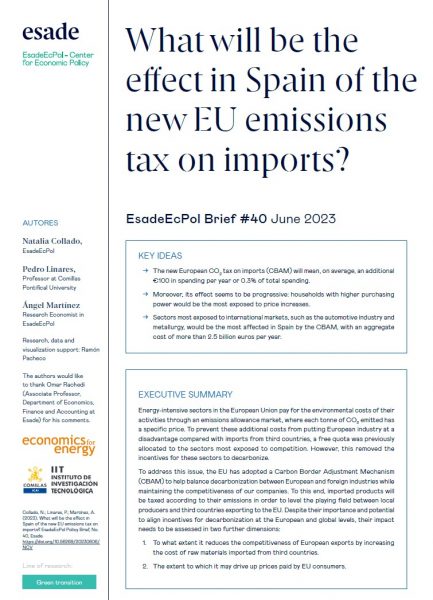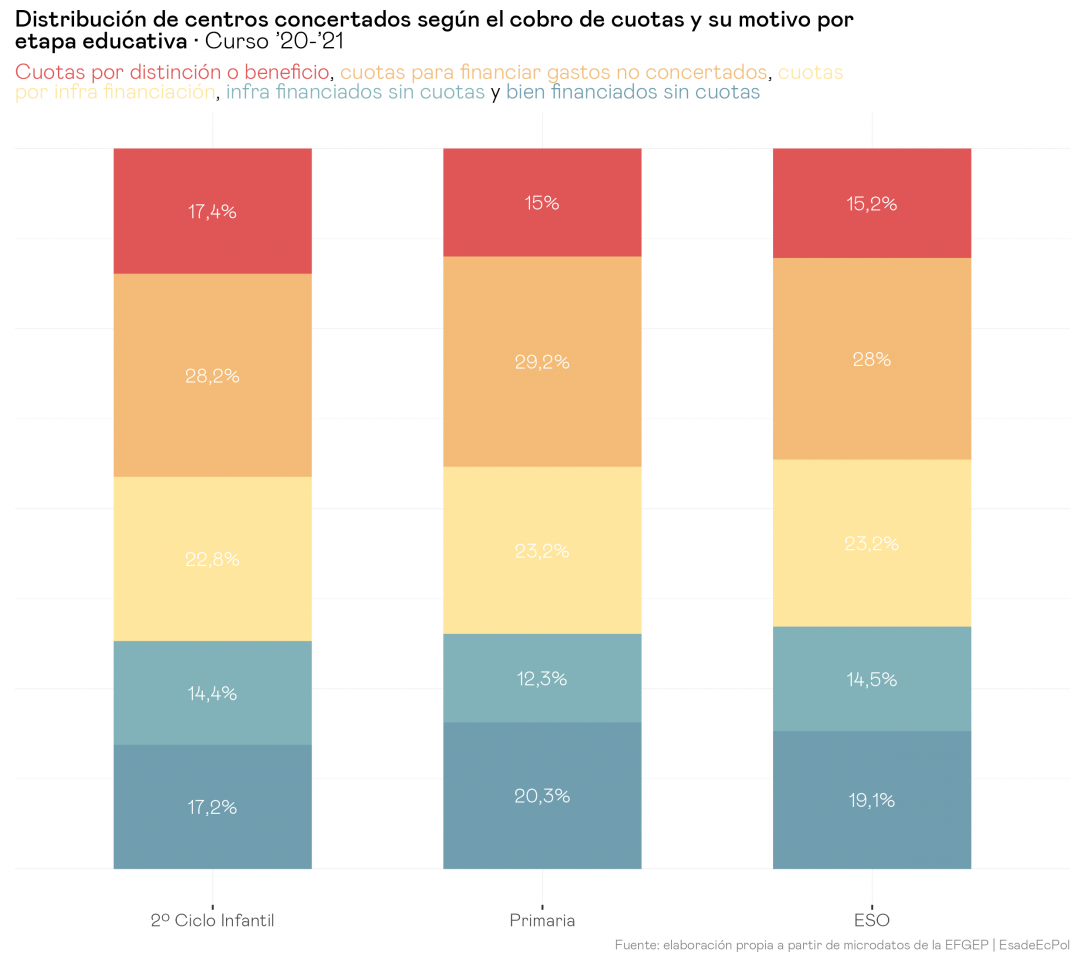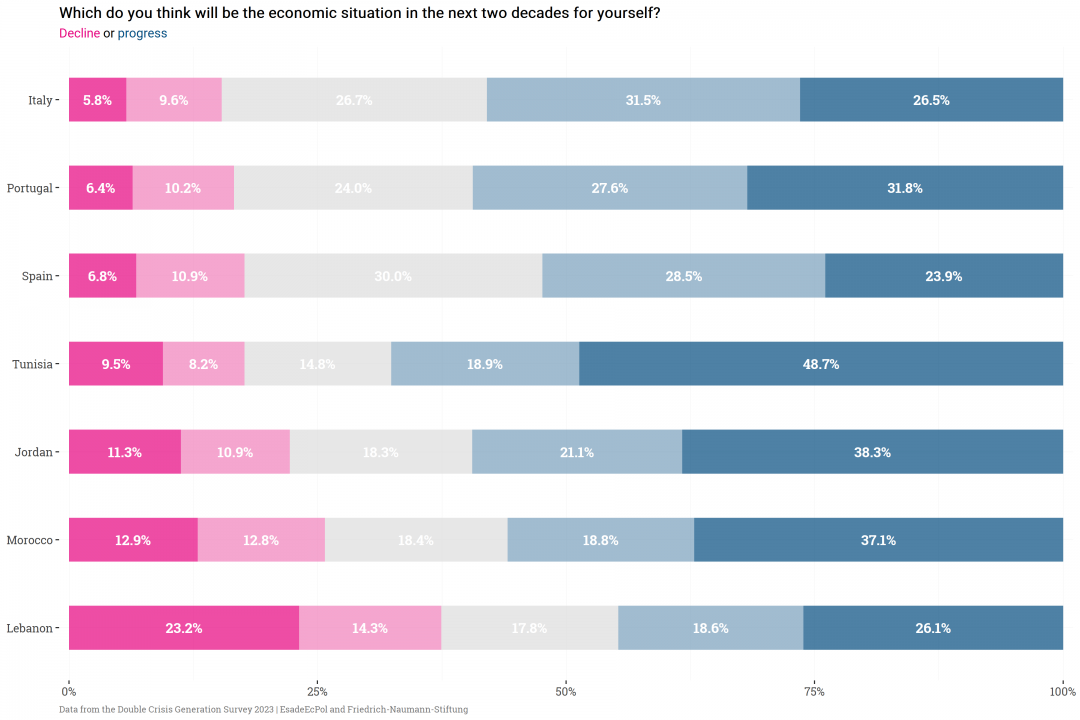
What will be the effect in Spain of the new EU emissions tax on imports?
Natalia Collado Van-Baumberghen, Pedro Linares Llamas, Ángel Martínez
8 Jun, 2023
Energy-intensive sectors in the European Union pay for the environmental costs of their activities through an emissions allowance market, where each tonne of CO2 emitted has a specific price. To prevent these additional costs from putting European industry at a disadvantage compared with imports from third countries, a free quota was previously allocated to the sectors most exposed to competition. However, this removed the incentives for these sectors to decarbonize.
To address this issue, the EU has adopted a Carbon Border Adjustment Mechanism (CBAM) to help balance decarbonization between European and foreign industries while maintaining the competitiveness of our companies. To this end, imported products will be taxed according to their emissions in order to level the playing field between local producers and third countries exporting to the EU. Despite their importance and potential to align incentives for decarbonization at the European and global levels, their impact needs to be assessed in two further dimensions:
- To what extent it reduces the competitiveness of European exports by increasing the cost of raw materials imported from third countries.
- The extent to which it may drive up prices paid by EU consumers.
In this policy brief, we assess these potential effects using Spain as an example.
In examining how the increase in product costs associated with CBAM would be passed on to Spanish households and regions, we find that:
- The impact would be relatively small: on average about €100 per household per year, or 0.3% of total expenditure.
- However, the impact is very different depending on the differences in the basket of goods: households with higher purchasing power suffer more from the increase in transportation goods, while households with lower purchasing power spend their most on food, furniture and equipment.
- The overall effect is progressive: lower-income households bear less of the tax burden than higher-income households.
- This progressive effect is amplified in areas with more dispersed populations, where higher-income households pay more.
- Among autonomous communities, the wealthiest have a greater impact.
Regarding industry competitiveness, we extended our previous analyses to the agri-food and manufacturing sectors and found that:
- In manufacturing, final product prices would generally increase by less than 7-8%, although there are exceptions where costs could increase by as much as 20%.
- The sectors most dependent on international markets, such as automotive and metallurgy, would be the most affected by CBAM, with a total impact of more than 2,500 million euros.
- In the agri-food sector, the impact would be more moderate, as price increases for most products would be below 1%.
To avoid the undesirable impact of the new tax on the external competitiveness of the industry, we recommend:
- Targeted support measures for industry to facilitate access to low-cost, low-carbon technologies in the sectors that will be most affected by this increase in emissions costs. This analysis can help inform these decisions in Spain.
- Monitor the operation of the CBAM to prevent importers from circumventing it, especially in sectors where competition or the risk of doing so is greatest.
- Move toward more internationally coordinated climate policies so that costs associated with emissions tend to converge across countries and markets to minimise distortions in international trade while ensuring appropriate incentives for decarbonization.
Cite this content as:
Collado, N.; Linares, P.; Martínez, A. (2023). What will be the effect in Spain of the new EU emissions tax on imports? EsadeEcPol Policy Brief, No. 40, Esade. https://doi.org/10.56269/20230606/NCV


Research Economist en EsadeEcPol. Máster en Economía Industrial y Mercados regulados por la Universidad Carlos III de Madrid
View profile
Professor at Universidad Pontificia Comillas



